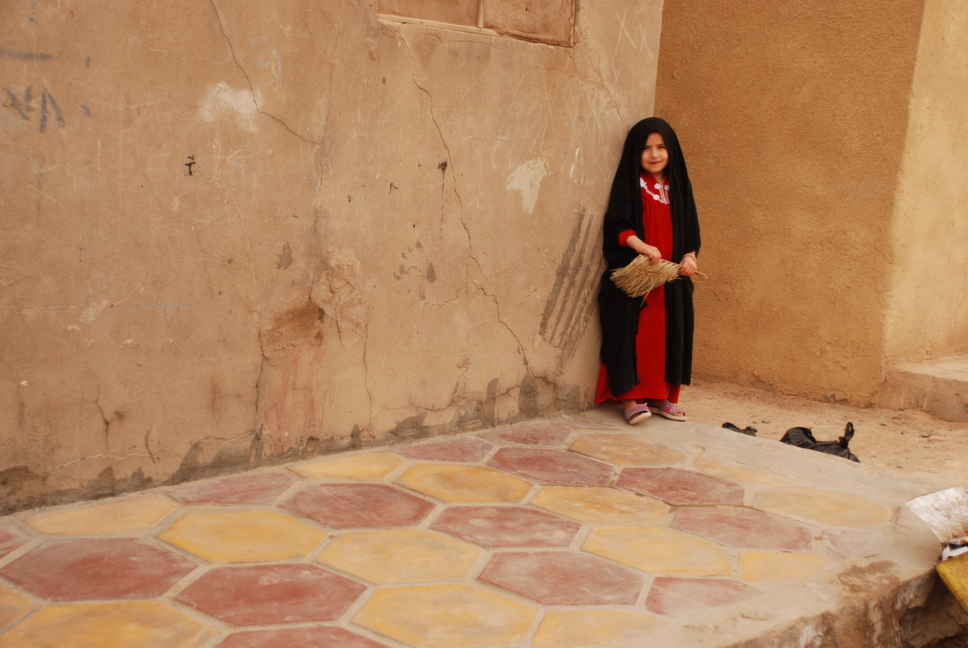Iraq is one of the youngest countries in the world, with a youth demographic that makes up a significant portion of the population. According to recent data from the CIA and the United Nations, over half of Iraq’s population of 30 million is younger than 25. This massive youth population has endured insurmountable hardships since the 2003 invasion, but despite these obstacles, Iraqi youth are proud of their heritage and care deeply about their country’s future. The Iraqi Youth Spotlight highlights the many initiatives that today’s youth are undertaking to build a brighter future for themselves and their society.
Iraq has a long and rich literary tradition: Mesopotamia, the fertile area between the Tigris and Euphrates rivers deemed the cradle of civilization that gave rise to numerous empires, is also the credited birthplace of the written language. Around 3200 BC, history’s first civilization emerged in Sumer, forming city-states and developing advanced irrigation and agricultural systems. To pass down their knowledge from generation to generation, the Sumerians developed a system of cuneiform script which they etched on clay tablets, even creating a system of laws to abide by. This later led to the flourishing of Sumerian poetry and literature.
Yet, in today’s Baghdad, most schools are short on funds and libraries are scarce. Literacy has dropped since the war began, and the young people seem to be more distracted by cellular phones than books in the past few years.
Ali Al-Makhzomy (twitter handle: @makhzomy) has a unique vision for Baghdad. The young Iraqi seeks to return the city not necessarily to 3200 BC, but to the 1930s, ‘40s, or ‘50s, a time he insists “was more civilized.” Makhzomy became acquainted with the Iraq from 60 plus years ago through the books passed down to him by his father, and hopes that his peers will also acquaint themselves with Iraq’s history through literary means. And he has a plan.
Makhzomy’s approach is simple: create inviting environments where Iraqis can be reintroduced to their culture and history. Both Public Radio International and The Washington Post have covered Makhzomy’s impressive efforts in Baghdad, setting up “informal libraries” in popular cafes frequented by Iraqi youths. He has filled trendy cafes with history books, poems, and novels to incentivize young people to start reading again. And that is only one of Makhzomy’s projects: on the side, he mobilizes volunteers to help preserve the country’s historic sites, organizes a children’s cinema, and holds an open dialogue where people can come together and discuss various cultural topics– all under the Iraqi Culture Day initiative.
One thing is certain: Makhzomy is indeed the “Proud Mesopotamian” he declares himself. In modest yet effective ways, he is leaving his imprint on his country, and sharing his vision of the future of Iraq with the rest of the world. As he says, linking Iraq’s ancient past with today’s youth will “give them a reason to stay.”
Sources: http://www.pri.org/stories/2014-04-11/young-iraqi-hopes-unite-and-heal-his-country-through-books
http://www.washingtonpost.com/world/middle_east/young-iraqi-hopes-books-will-stop-his-peers-from-migrating/2014/04/08/e8e6574a-ba94-11e3-9c3c-311301e2167d_story.html

